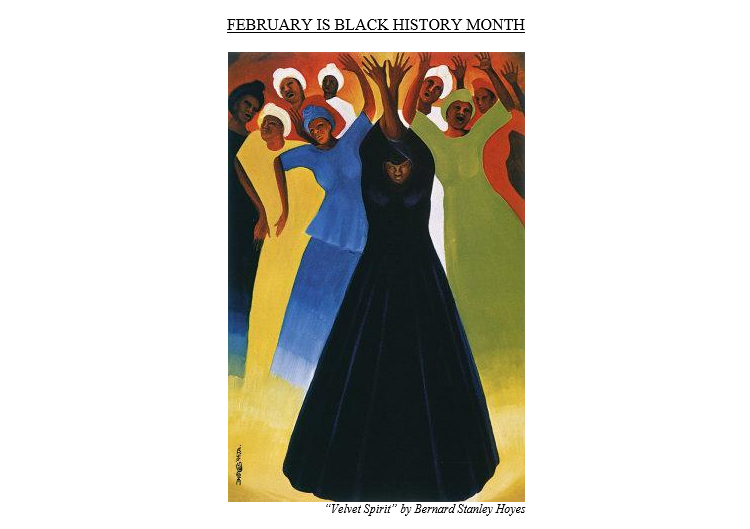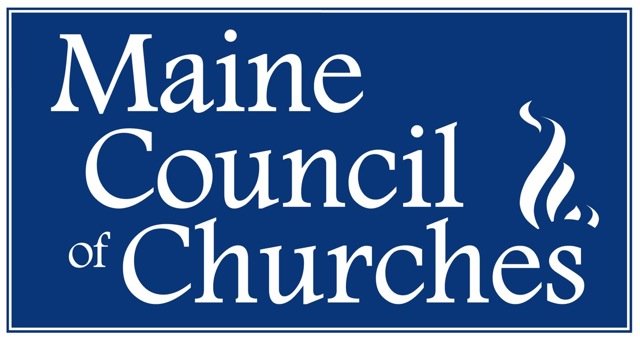FEBRUARY IS BLACK HISTORY MONTH


In 1926, historian and educator Dr. Carter G. Woodson began the observance of “Negro History Week.” Woodson, who held a master’s degree from the University of Chicago and a Ph.D. from Harvard University, recognized that Black people were underrepresented in the books and scholarly communication that had shaped the dominant culture’s narrative of American history.
Along with Jesse E. Moreland, he founded the Association for the Study of African American Life and History (ASALH) to study Black history in a disciplined way and promote the achievements of African Americans so all students could learn about their history and accomplishments. From the beginning, Woodson designated a theme for the week each year to focus public attention and study.
Despite his work over the next 50 years and despite the successes of the civil rights movement, by the 1970’s, most popular American middle school textbooks still mentioned only two African Americans. So, in 1976, the week was extended to a month when President Gerald Ford decreed Black History Month to be a national observance. Since then, America’s presidents have decreed the annual themes established by ASALH.
The theme for Black History Month 2023 is Black Resistance. By resisting, Black people have achieved triumphs, successes, and progress: the end of chattel slavery, dismantling of Jim and Jane Crow segregation in the South, increased political representation at all levels of government, desegregation of educational institutions, the passage of the Civil Rights Act of 1964, the opening of the Smithsonian National Museum of African American History, and increased and diverse representation of Black experiences in media. Black resistance strategies have served as a model for every other social movement in the country. Their legacy and importance cannot be understated.
African American spirituals have supported Black Resistance movements for 400 years. Spirituals have been used to express struggle, hope, and solidarity in the face of racial oppression and have provided a space for Black people to express love and joy. As an artform, “Negro Spirituals” (the term most commonly used by Black Americans and historians for this body of music) are the unacknowledged intellectual property of the enslaved Africans in the United States who first created them.
In 2021, the United Parish in Brookline, Massachusetts, launched a new racial justice initiative centered on this musical legacy of enslaved African Americans: The Negro Spiritual Royalties Project. They instituted the practice of collecting “royalties” for the Spirituals sung in their worship services and then distributing those funds to support the development of young Black musicians.
“Even if the individual payments are small, little by little, this practice will become an instrument of a larger quest for restorative justice,” United Parish Minister of Music Susan DeSelms says. For white-majority churches, participating in this royalties project can be an act of resistance against a culture that for too long has exploited or erased Black cultural heritage.
If your congregation would like to begin contributing to the Negro Spiritual Royalties Project, click HERE and select “Special Gift Negro Spirituals”. The United Parish Missions Giving Committee will match all donations.

